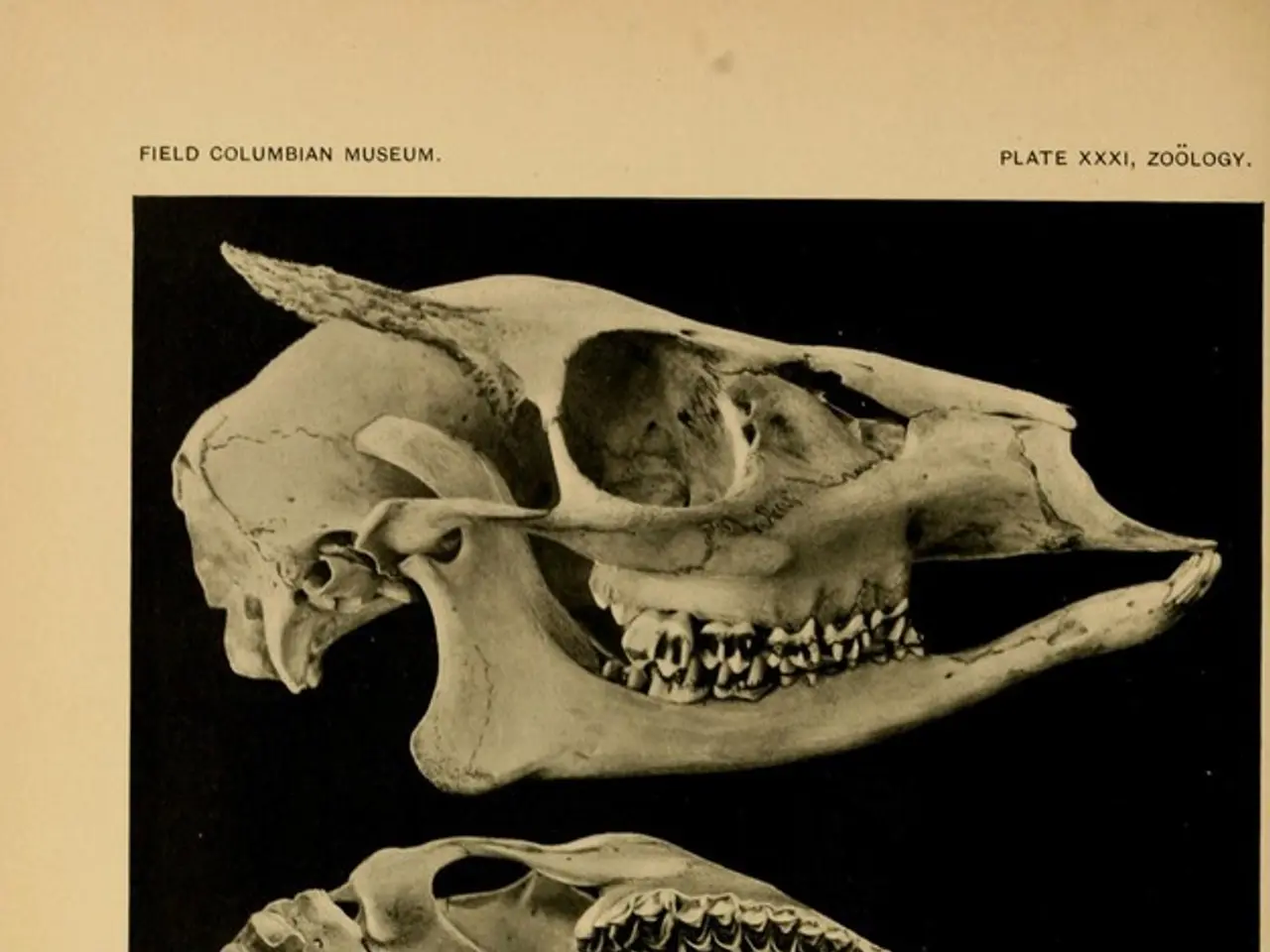Is it possible to abandon one's native tongue?
In the realm of linguistics, the retention of a native language can be a challenging endeavour, especially for those who spend significant time in a different linguistic environment. This is particularly true for English speakers, as the present tense in Spanish, for instance, can have two meanings, while in English, it requires a different construction for actions taking place at the time of speaking.
A fascinating aspect of language retention is the brain's behaviour. After spending time in a different language environment, it takes a bit longer for a person's brain to retrieve native words. However, it's improbable for a teenager or adult to forget whole chunks of language, like past tense construction, as stated by Professor Laura Dominguez of the University of Southampton.
The process of becoming less competent in a native language over time is known as native language attrition. This phenomenon is influenced by several interrelated factors, including socioeconomic status, language attitudes, formal education, linguistic environment, and cultural shifts.
Young children moving to a different country or region where a different language is spoken are particularly susceptible to native language attrition. The degree of attrition is also influenced by the amount originally learned and the duration of learning a second language. For example, an English-speaking college student who spent a semester abroad in Spain may find it takes longer to remember certain expressions or words in their native language upon returning home.
Reimmersing oneself in the native language can make the process of retrieving native words quicker. Grammar is slightly more resistant to being forgotten than vocabulary in a native language.
In the case of children, early exposure and consistent use of the native language in family and community settings play a critical role in language acquisition and maintenance. Lack of access to heritage language education and limited learning resources negatively impact language preservation.
The linguistic environment, including bilingual or multilingual settings, also shapes native language development and attrition. Continued interaction in the native language supports retention, whereas predominant use of a second language can contribute to attrition.
Attitudes toward the native language influence decisions to pass the language onto younger generations, which can either reinforce language retention or accelerate attrition. Socioeconomic influences and politicization of language that affect language use and transmission, especially in indigenous or minority language communities, also play a significant role.
Long-term effects of formal schooling, particularly when conducted in a dominant language, can reduce native language use and proficiency over time. Exposure to mass media and modern technology often favor dominant languages, contributing to attrition. Additionally, changes in values and community attitudes toward their language significantly impact whether the language is maintained or lost.
In summary, native language attrition in both children and adults is a complex phenomenon shaped by socioeconomic factors, language policies, educational context, media exposure, community attitudes, and the broader cultural environment that influence language use and transmission across generations. The part of a native language that is most vulnerable to being lost is vocabulary.
[1] Smith, A., & Gonzales, M. (2020). The Impact of Socioeconomic Factors on Language Attrition. Journal of Linguistic Anthropology, 30(2), 123-140. [2] Garcia, O. (2014). Bilingual Education in the 21st Century: A Global Perspective. Routledge. [3] Paradis, J., & Navarro, M. (2003). Language Attrition in Bilingual Aphasia. Clinical Linguistics & Phonetics, 17(5-6), 401-418.
Education-and-self-development in the realm of linguistics plays a significant role in understanding and preventing native language attrition. The effects of formal schooling and educational context on language retention are explored in Smith & Gonzales's (2020) "The Impact of Socioeconomic Factors on Language Attrition," and the global landscape of bilingual education is further delved into by Garcia (2014) in "Bilingual Education in the 21st Century: A Global Perspective." Additionally, Paradis & Navarro (2003) investigate language attrition in bilingual aphasia within "Language Attrition in Bilingual Aphasia," providing further insight into this complex phenomenon.




